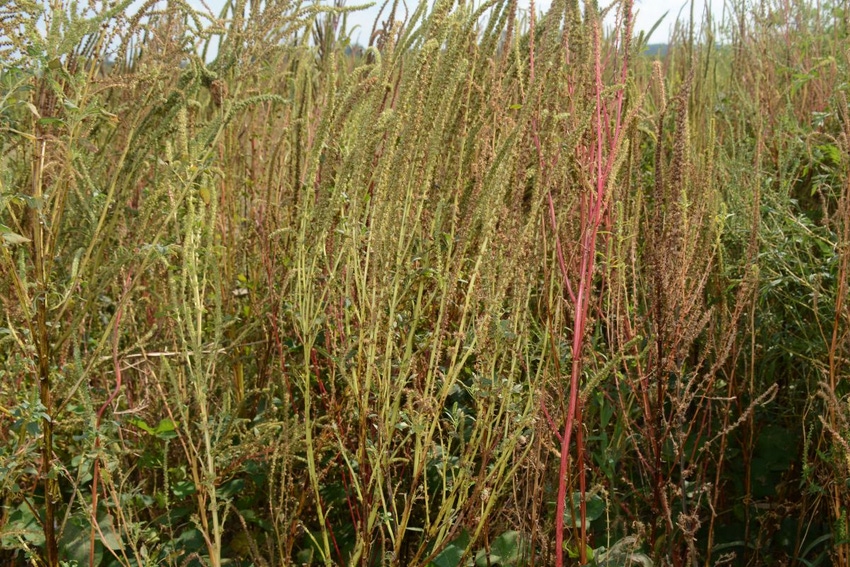
Education trumps regulation when it comes to managing the new auxin-based herbicide technology.
Most regulations won’t fully go away, but farmers remain hopeful the new Trump administration will loosen the regulatory grip of the Environmental Protection Agency, making it easier to use the herbicides needed to manage tough weeds.
Stanley Culpepper, professor of crop science at the University of Georgia and Extension weed specialist, emphasizes education can be used to prevent further regulations. He successfully led training in Georgia, where more than 1,880 farmers in 2015 and 2016 learned how to better use pesticides and new auxin technologies.
“In one year, the amount of drift cases that we had reduced 48 percent without any regulation whatsoever. There is no government agency that can implement any regulatory plan that will reduce pesticide drift by 48 percent. If you do not preempt that regulation, that regulation in many ways can be problematic and limit your toolbox,” Culpepper said at a November lecture at North Carolina State University.
Similar training are set for North Carolina this year. Alan York, N.C. State‘s weed specialist, stresses that applicator training is mandatory in North Carolina under a state Special Local Need label if one wants to use the new products. York says the training is important to help avoid the off-target issues that plagued the Mid-South this past summer.
“We don’t want any of that here. That thing has been a black-eye to the industry. It will result in additional regulations, and I’m convinced it’s holding up the registrations of these compounds involved,” York has said.
N.C. State is planning auxin training in conjunction with this year’s winter cotton and soybean meetings with other training sessions planned as well. The auxin training will be separate from the production meetings, but those who receive training will receive credit in the X category on private applicator licenses. “That is how we will keep up with who has received training,” York said.
There is no doubt that North Carolina farmers are committed to safely use this new herbicide technology and the education they receive will reinforce what most already practice. Let’s just hope the EPA takes notice of their commitment.
About the Author(s)
You May Also Like






